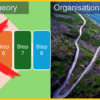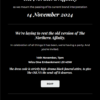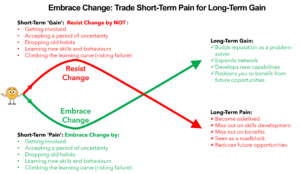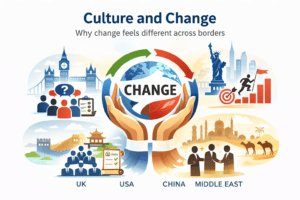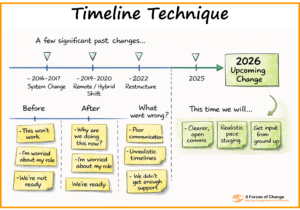Emergent change is a powerful force that can revolutionise your organisation. It’s a bottom-up, organic process driven by employee innovation and adaptation exploited by the likes of Google, Spotify and Netflix. What is the secret to unlocking the power of emergent change?
In our latest article, we explore:
- The key characteristics of emergent change
- How it can drive innovation and agility
- The challenges and opportunities of this approach
- Practical tips for fostering a culture of emergent change
It also includes a worked example illustrating how remote working can proliferate in an organisation as an emergent change.
Ready to learn more? Download the article at: https://lnkd.in/gM8xGE2a
Our article includes the following case study example:
A Step-by-Step Example of Emergent Change – The Rise of Remote Working
Let’s explore how a major tech company might have experienced emergent change step-by-step, using the example of remote work.
-
Innovation and Experimentation:
- Individual Initiative: A few employees, perhaps due to personal circumstances or preferences, began working remotely.
- Early Adopters: These early adopters experimented with remote work tools and techniques, finding ways to stay connected and productive.
-
Collaboration and Networking:
- Knowledge Sharing: These early remote workers shared their experiences and insights with colleagues, sparking discussions and debates about the potential benefits of remote work.
- Informal Networks: Remote workers formed informal networks to support each other and share best practices.
-
Self-Organisation:
- Remote Teams: As more employees expressed interest in remote work, teams began to self-organise, with members working remotely or in a hybrid model.
- New Workflows: These teams developed new workflows and communication tools to ensure seamless collaboration.
-
Learning and Adaptation:
- Organisational Learning: The company learned from the successes and challenges of remote work, adjusting policies and practices to accommodate remote work.
- Continuous Improvement: The organisation continued to refine its remote work policies and technologies based on feedback and lessons learned.
As a result of this emergent change, the company may have adopted a permanent remote or hybrid work model, significantly impacting its organisational culture, productivity, and employee satisfaction. This example demonstrates how a seemingly small, individual initiative can evolve into a major organisational shift through a process of experimentation, collaboration, and adaptation.
#emergentchange #innovation #leadership #organizationaldevelopment #futureofwork


